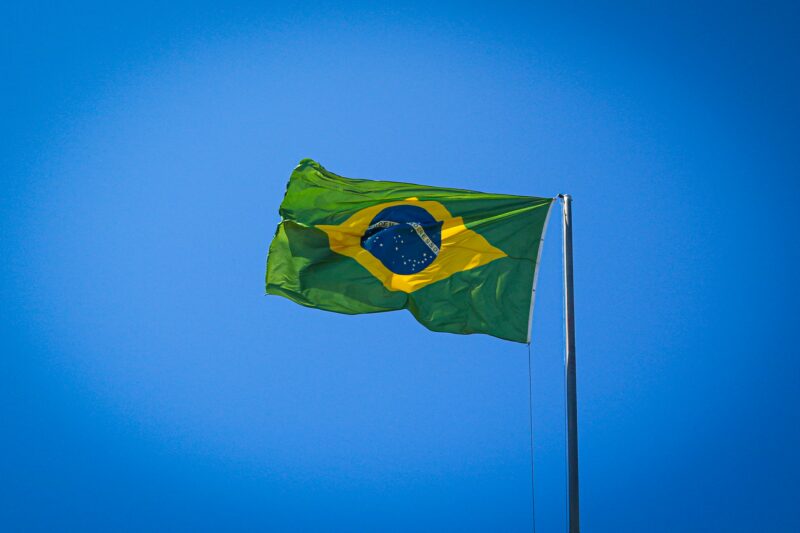Shanghai, ever a city with outward-looking eyes, is planning to boost its standing as the place for foreign brands to enter the Chinese market. A new series of free-trade reforms, named the Second Plan for the Shanghai FTZ Linked Innovation Zones (第二批上海自贸试验区联动创新区建设方案), was ushered in on 15th October as the city seeks to boost global investment.
The Shanghai reforms are wide in scope, encompassing everything from healthcare to imported artworks – the latter of which will see deposit requirements stripped. The broadest changes are happening by district, or free-trade zone, with each region focusing on a different area of business. In total, it will add eight districts and five national-level development zones to six districts that were piloted in August.
It’s a lot to get your head around, but here’s what it means on the ground: finance sees big changes. Short-term international lending of RMB will be made easier, and multinational cash pools will see better integration of local and foreign currency. To snare the best talent from abroad, recognition will be given to a host of foreign professional qualifications and special cases will be granted longer durations of stay on their visas.
Private hospitals will now be able to have entirely foreign ownership, and qualifying overseas legal practices will be allowed to apply for financial licences. It will be easier for performance agencies representing foreign talent to set up shows in the city. Had enough yet? We’ll wrap it up after this: Scientists will be incentivised by profit-sharing schemes, and the sending of research and financial data will be streamlined. Full details of the changes can be found in Chinese here.
There’s much to be said about this. Last month Dior was fined for improper transfer of data. Much of what happened was the result of unclear guidelines on what they could and couldn’t do. No doubt their lawyers will be picking over the fine print on the data-sending changes. This kind of reform reminds us that Shanghai still wants to be the shopfront of China: cosmopolitan, ambitious and confident. The question now is whether openness on paper can translate into opportunity on the ground.









